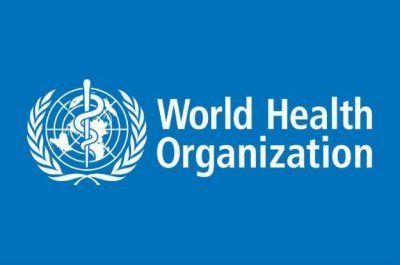The World Health Organisation (WHO) had said it is stepping up efforts to provide life-saving assistance, especially basic medical care to flood victims in Nigeria to prevent disastrous epidemics.
At least 826,000 Nigerians are severely affected by heavy flooding after the banks of the country’s two main rivers – the Niger and the Benue – busted following heavy rain, which began falling in August.
“The disaster is now affecting 12 out of 36 states according to the National Emergency Management Agency, with 176,300 people displaced, more than 150,000 hectares of farmland inundated, 17,800 houses washed away, and 321 roads and bridges destroyed.
“As of Monday, the floods had claimed about 200 lives. A state of national disaster has been declared in the four most-affected states: Kogi, Niger, Anambra and Delta,” WHO said.
WHO said the United Nations and its partners were carrying out rapid assessments and scaling up support to the government’s emergency response agencies.
According to WHO, it had deployed experts to strengthen surveillance and early warning systems while also working to ensure that essential drugs were available in newly-created camps for displaced families.
The head of WHO in Nigeria, Dr Wondimagegnehu Alemu, in a statement released on Thursday, said the flood had severely affected the health of the people.
“In addition to the immediate destructions and loss of lives, floods can severely affect the health of the affected population, even after the water levels have receded.
READ ALSO: Flood: Ogbeh predicts rice shortage in 2019
“Floods and their consequences – including a lack of drinkable water, shelter, and overflowing sanitation systems – can easily lead to the spread of communicable and water-borne diseases, such as cholera and malaria.
“In addition, access to healthcare and essential drugs can be difficult if health facilities are damaged.
“We can efficiently mitigate these risks if they are properly assessed and if disaster response measures are in place,” Alemu explained.
To facilitate the mobilisation of resources for the response to the flooding, the International Federation of Red Cross and Red Crescent Societies launched an emergency appeal, seeking close to $5.5 million.
The funds are to support 300,000 of the most vulnerable flood-affected people for the next nine months, with shelter and basic household items; protection and livelihoods assistance, including through cash transfers; health care provision; water and sanitation supplies.
“The country’s Northeast zone is in the grip of one of the world’s worst humanitarian crises due to conflict, and already suffering various cholera outbreaks in the states of Borno, Adamawa and Yobe, making it crucial for humanitarian partners to effectively monitor and control the effects of the flooding in the rest of the country.
“In the coming days, the UN humanitarian chief, Mark Lowcock, and the head of the UN Development Programme, Achim Steiner, will visit the region, spending Friday and Saturday in Nigeria, and then moving on to neighbouring Chad,” the UN agency said.











